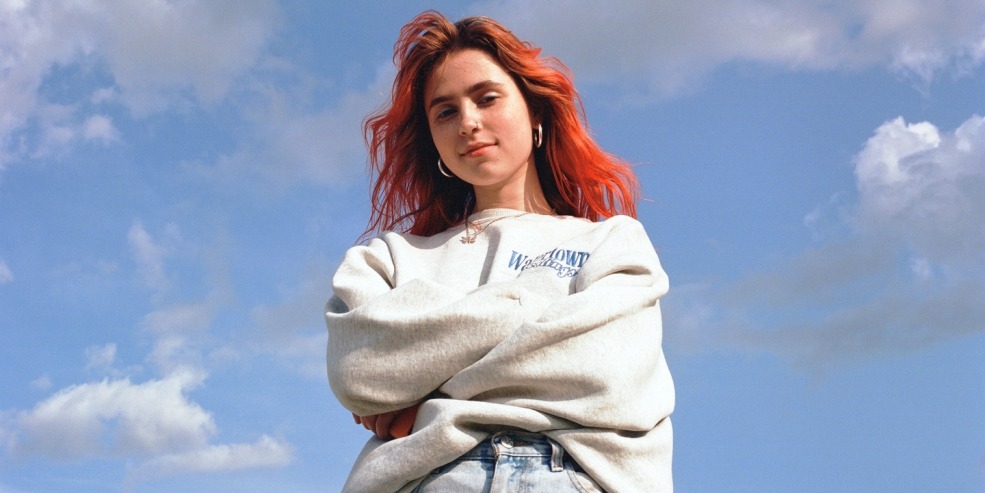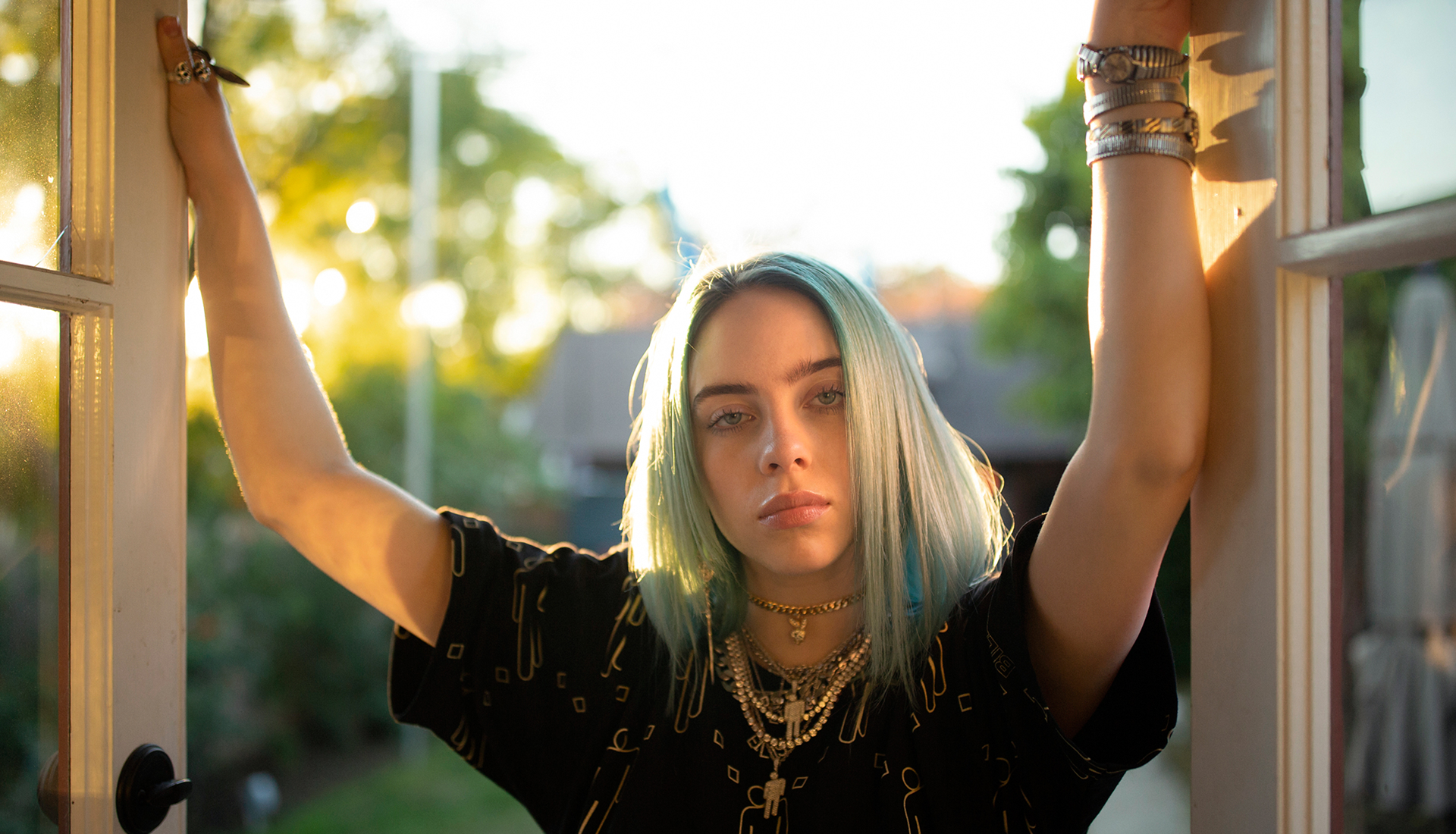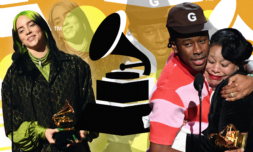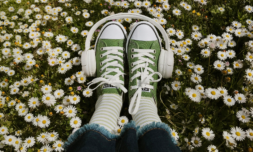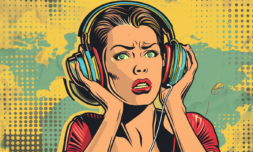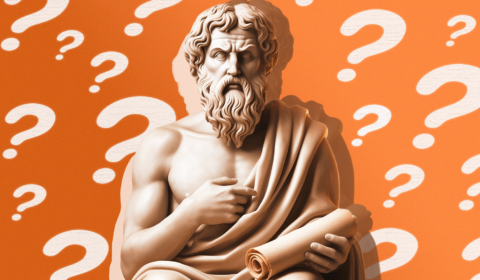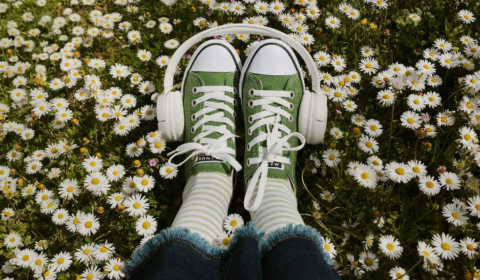Billie Eilish isn’t the only one mixing up the charts. Pop’s newest wave of artists are blending authentic intimacy with accessible sounds to offer something wholly unique.
Fame in 2019 seems to be an oddly attainable phenomenon.
You no longer need an agent, a network of industry insiders, or financial backing to make it big. Thanks to platforms such as SoundCloud, YouTube, Spotify, and Facebook, getting yourself heard by the masses is a more democratic process than ever.
The ability to gain the attention of millions with a viral post has had wide-reaching ramifications across the board, whether it be in political discourse, art in general, or our relationships with one another. Our idea of mainstream culture has become increasingly scattered in the information age.
Music hasn’t been immune to these changes – and Gen Z’s brightest stars are prime examples. Anyone can become an overnight success without being signed to a label, and anyone can listen to anything, anytime, anywhere.
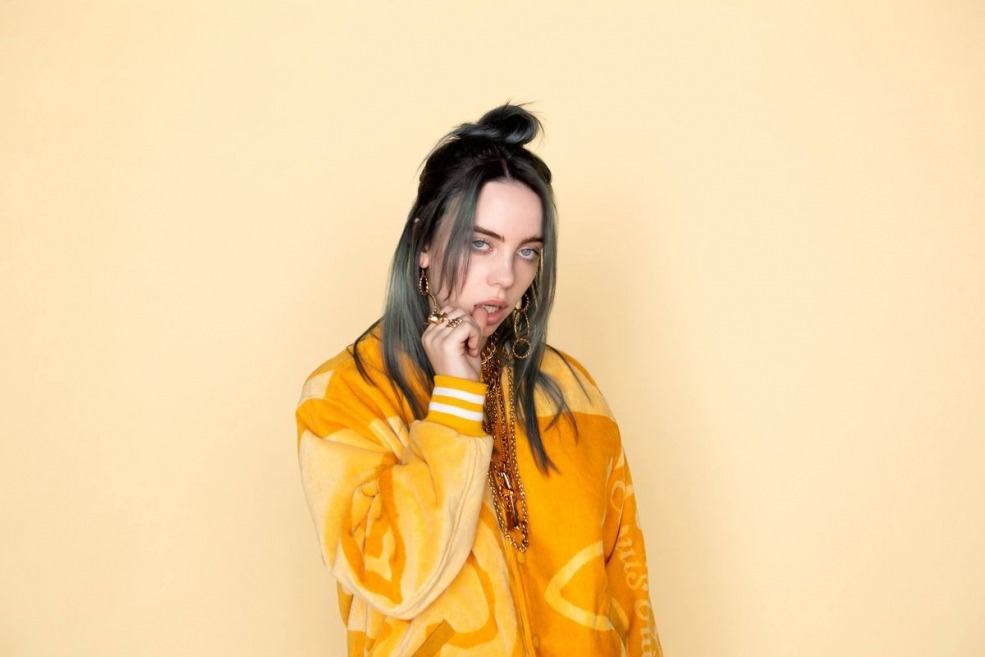

Streaming services have allowed younger listeners to develop far more eclectic tastes than the average music fan from, say, the 1990s. As the boundaries between genres become less distinct, pop music in turn becomes less clean-cut. The days of Simon Cowell’s orchestrated market-friendly boy bands have been numbered for quite some time. If you go back to 2004’s X-Factor, it all looks horrendously outdated by today’s standards.
Rising stars of today don’t necessarily come straight from the headquarters of big business, instead finding a feverish fan base online through their own means. They aren’t told how to dress, how to style themselves, and they act on their own volition.
The most obvious example of this self-made pop is Billie Eilish, whose latest album has permeated the industry like no other recent record has. While it would be easy to dismiss her as another industry-friendly pop act, the reality is that Billie’s a self-produced Gen Z star, one born from her talents rather than the approval of a record label executive.
She made it big after posting her song ‘Ocean Eyes’ to SoundCloud, which eventually lead to an EP called ‘Don’t Touch Me’ that was released in 2017. Billie has since been catapulted to the forefront of the music industry – but, crucially, her beginnings were on a platform that anyone, anywhere can post their work on.
Similarly, twenty-year-old Clairo found fame through her homemade lo-fi YouTube video for ‘Pretty Girl’, an understated pop song that she made in her bedroom about striving to be the idealistic romantic partner.
